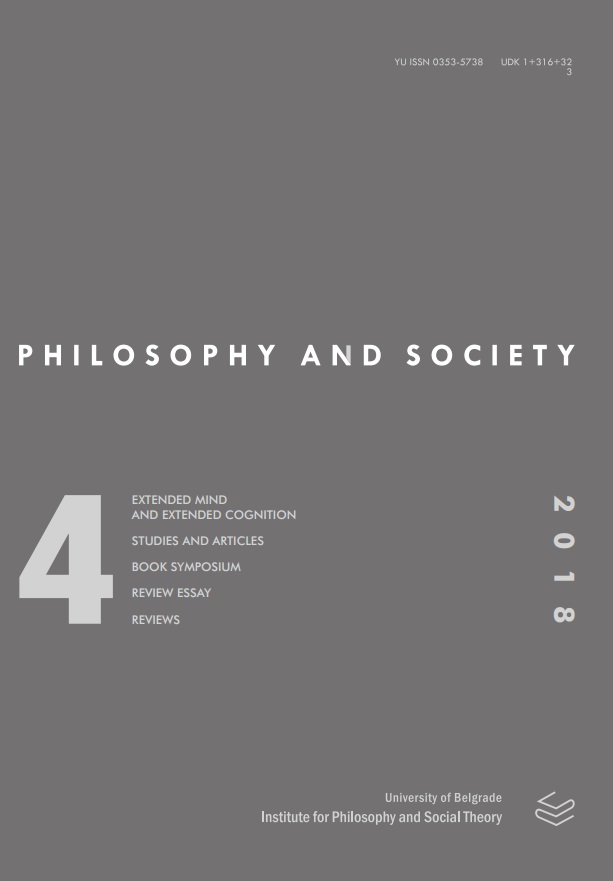Overcoming Deadlock: Scientific and Ethical Reasons to Embrace the Extended Mind Thesis
Overcoming Deadlock: Scientific and Ethical Reasons to Embrace the Extended Mind Thesis
Author(s): Karina VoldSubject(s): Ethics / Practical Philosophy, Philosophy of Mind
Published by: Institut za filozofiju i društvenu teoriju
Keywords: extended cognition; intracranialism; embedded mind; ethics; theory selection; cognitive rehabilitation
Summary/Abstract: The extended mind thesis maintains that while minds may be centrally located in one’s brain-and-body, they are sometimes partly constituted by tools in our environment. Critics argue that we have no reason to move from the claim that cognition is embedded in the environment to the stronger claim that cognition can be constituted by the environment. I will argue that there are normative reasons, both scientific and ethical, for preferring the extended account of the mind to the rival embedded account.
Journal: Filozofija i društvo
- Issue Year: 29/2018
- Issue No: 4
- Page Range: 489-504
- Page Count: 16
- Language: English

